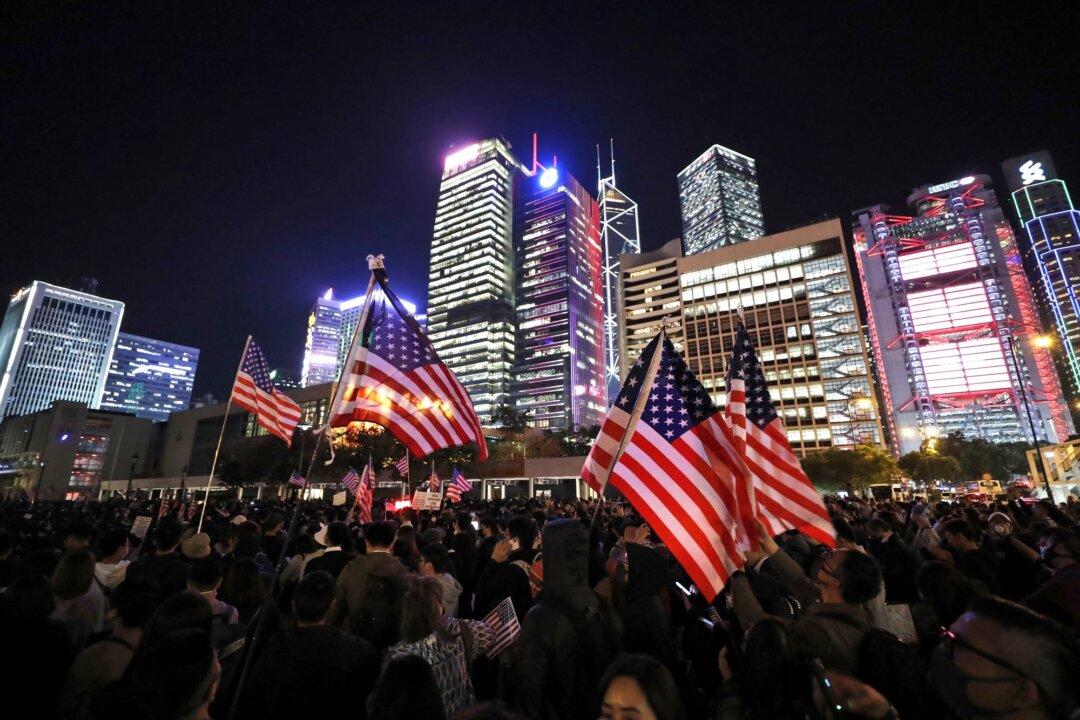WASHINGTON—Just a day before Americans headed off to celebrate Thanksgiving, President Donald Trump signed two bills to support pro-democracy protests in Hong Kong, prompting a strong reaction from China.
Investors fear the signing of these measures could disrupt the recent progress between the two countries on a “phase one” trade deal. Analysts, however, expressed a confident view, saying that the U.S. support for Hong Kong won’t stall the negotiations.





